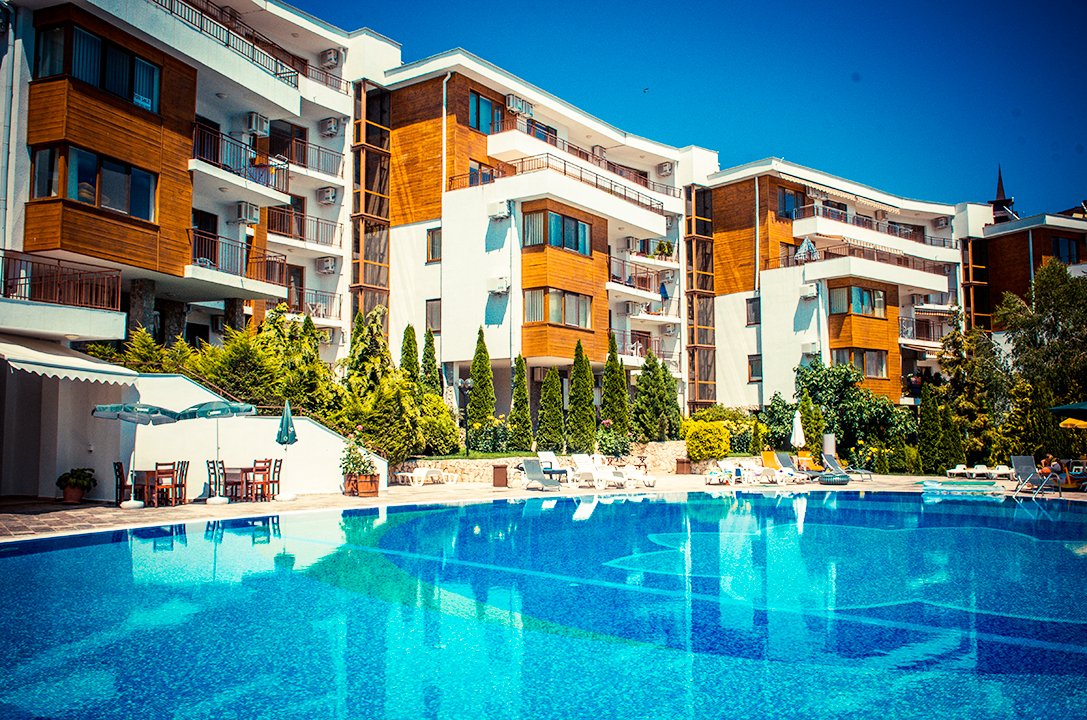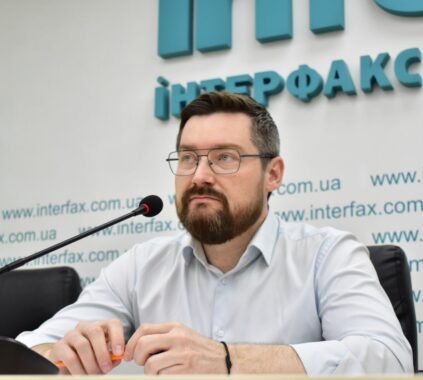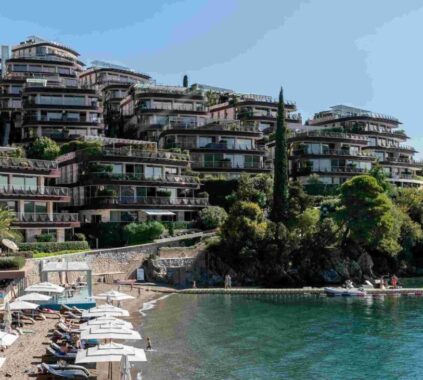The Bulgarian real estate market will remain one of the most dynamically growing in the EU until 2025, with housing still significantly cheaper than in neighboring Greece and Croatia. According to estimates by specialized portals, in mid-2025, the average price of housing in the country will be around €1,100 per square meter, which is 15-20% higher than in 2022-2023.
Official statistics confirm steady growth. According to the National Statistical Institute of Bulgaria (NSI), in the first half of 2024, housing prices rose by 7.1% compared to the previous half-year and by 16% year-on-year. In the first half of 2025, growth continued and, according to estimates by local builders and realtors, may reach 8-10% by the end of the year.
Since 2020, the Bulgarian housing market has gone through several stages:
1) a period of post-COVID recovery and cheap mortgages;
2) accelerated price growth amid inflation in the EU;
3) an additional boost due to the war in Ukraine and the redistribution of demand from Russian, Ukrainian, and European investors.
According to GlobalPropertyGuide’s analysis based on NSI data, in the second quarter of 2024, the number of housing transactions in Bulgaria increased by almost 10% compared to the same period in 2023, and the total value of transactions increased by 30.2%. This means not only price growth but also active market expansion.
Private analytical platforms estimate that in 2024, prices across the country as a whole rose by approximately 14-18%, and over the past 5 years, the cost per square meter in large cities has increased by 70-120%.
Regional prices: Sofia, the coast, and “the rest of Bulgaria”
The picture varies greatly from region to region.
Sofia
1) According to Bulgarian Properties, the average transaction price in Sofia in the third quarter of 2024 reached approximately €1,840 per square meter, compared to around €1,550 a year earlier, representing an increase of around 19% over the year.
2) In certain neighborhoods and in new business-class buildings, prices exceed €2,000–2,200 per square meter.
Large cities
Plovdiv, Varna, and Burgas show similar dynamics: according to a number of reviews, prices have risen by 80-100% in a few years, but the average level is still lower than in the capital, ranging from €1,200 to €1,600 per square meter in good areas.
Coast
Resort analytics show that over the past three years, prices in popular regions such as Sunny Beach, Golden Sands, and Nessebar have risen by 25–30%. Over the past year, according to industry associations, the price per square meter in seaside resorts has increased by an average of 8–10%, and in Sofia by 6–7%.
Against the backdrop of rapid growth in the capital and resorts, the average price across the country, around €1,100 per square meter, remains significantly lower than in most EU countries, making Bulgaria attractive to both first-time buyers and foreign investors.
Who is buying: top 10 foreign nations
According to data from the Bulgarian Real Estate Association, in 2024–2025, the majority of transactions involving foreigners will be accounted for by citizens of the following countries:
Top 10 foreign buyers of real estate in Bulgaria:
- United Kingdom
- Germany
- Greece
- Israel
- Romania
- Turkey
- Italy
- Russia
- Ukraine
- Poland
The demand profile looks something like this:
1) British and Germans – traditionally strong presence, buying both city apartments and houses and apartments on the coast for vacation and long-term living;
2) Greeks and Romanians – more often buy properties in border regions and large cities, including for rent;
3) Israelis – active in Sofia and seaside resorts, interested in new projects with good management and the prospect of rental income;
4) Turks and Italians – partially invest in resorts and income-generating apartments in the capital;
5) Russians – retain a significant share in the structure of owners on the Black Sea, but their share in new purchases is declining;
6) Ukrainians and Poles – are rapidly increasing their presence, especially in Varna, Burgas, Nessebar, and mountain resorts (Bansko, Pamporovo), combining investment and relocation motives.
It is worth noting that, according to an analysis of properties by nationality of owners, the Burgas region currently has the highest volume of real estate owned by Russians – more than 5,200 properties in this area alone. At the same time, analytical platforms are recording a steady trend: the interest of Russian buyers is waning due to sanctions and capital outflows from Bulgaria, and they are gradually being replaced by citizens of the EU, Ukraine, and Israel.
Demand factors: why Bulgaria is attractive to investors
We consider the following to be key drivers of demand:
1) relatively (so far) low prices compared to other EU countries with a comparable level of infrastructure and services;
2) climate and tourism – a long season on the coast, developed ski resorts;
3) the possibility of obtaining a residence permit and “European registration” through the purchase of real estate and the availability of a centralized rental market;
4) cheap mortgages by European standards: the average rate for housing loans in 2025 is about 3.5–4% per annum, with banks requiring a 20–30% down payment and selecting borrowers quite strictly.
Thanks to stricter mortgage standards, price growth is mainly driven by solvent demand, and the share of speculative transactions is low. This reduces the risk of a mortgage bubble, as seen in Spain and Ireland before the 2008 crisis.
Risks and market balance
Despite strong growth, most experts do not expect a sharp drop in prices. The European Central Bank and some analysts estimate a possible revaluation of about 10–15% in relation to the fundamental indicators of the economy, but not a critical “overheating.”
There are still risks, the main ones being:
1) a slowdown in household income growth amid high housing prices;
2) a possible increase in mortgage rates following the tightening of monetary policy in the EU;
3) the transition to the euro and a potential “one-off” surge in prices due to currency revaluation;
4) geopolitical factors affecting demand from Russians, Ukrainians, and investors from other third countries.
On the other hand, there is no surplus of new buildings on the market: housing supply lags behind demand, especially in the segment of high-quality properties in large cities and on the coast.
Forecast for 2025–2027
Based on current data and trends, a baseline scenario for the Bulgarian housing market for the next 2–3 years can be outlined:
- Prices will continue to rise, but at a significantly slower pace
- After a jump in 2022–2024 (about 14–18% per year), a transition to more moderate growth in the range of 6–8% per year for the country and 8–10% in Sofia, Varna, Burgas, and top resorts is likely, assuming the current macroeconomic situation remains unchanged.
- Foreign demand will remain an important driver, but its structure will change
- The share of Russians in new deals will decline due to sanctions and restrictions, while citizens of the UK, Germany, Israel, Romania, Ukraine, and Poland will play an increasingly important role.
- The market will become more segmented
Sofia and large cities – an area of stable demand and relatively high prices, attractive for rentals and long-term investments. The Black Sea coast – a combination of resort and “second home” properties, sensitive to tourist flows and geopolitics. Inland Bulgaria – slower growth, but also a lower entry threshold, interesting primarily for local buyers.
- The likelihood of a sharp “crash” is low
- The cautious approach of banks to mortgages, the predominance of consumer rather than speculative purchases, and a relatively moderate revaluation of the market create a scenario of “plateau” or mild slowdown rather than a scenario of collapse.
For investors and end buyers, the conclusion is quite simple: Bulgarian real estate is likely to remain an affordable gateway to the EU in the coming years, with the potential for moderate price growth and rental income.
However, it is important to enter the market selectively, taking into account the location, liquidity of the property, and the target audience: tourists, long-term tenants, or your own residence.
Last modified: November 18, 2025














 Аналітичні дослідження у сфері макроекономіки, політології, футурології з використанням передових науково-технічних досягнень та методів. Створення відеоконтенту, надалі – документального контенту. Проведення конференцій, консалтинг, розвиток дискусійних майданчиків.
Аналітичні дослідження у сфері макроекономіки, політології, футурології з використанням передових науково-технічних досягнень та методів. Створення відеоконтенту, надалі – документального контенту. Проведення конференцій, консалтинг, розвиток дискусійних майданчиків.